
I was working in the Institute of Molecular Medicine on the following project:
LaminAC regulates changes in the nuclear architecture upon hematopoietic stem cell aging and rejuvenation.

I was working on the following project:
Nipped-A regulates intestinal stem cell proliferation in Drosophila
I graduated in May 2016 and am now a Post-Doc with Henri Jasper at the Buck Institute.
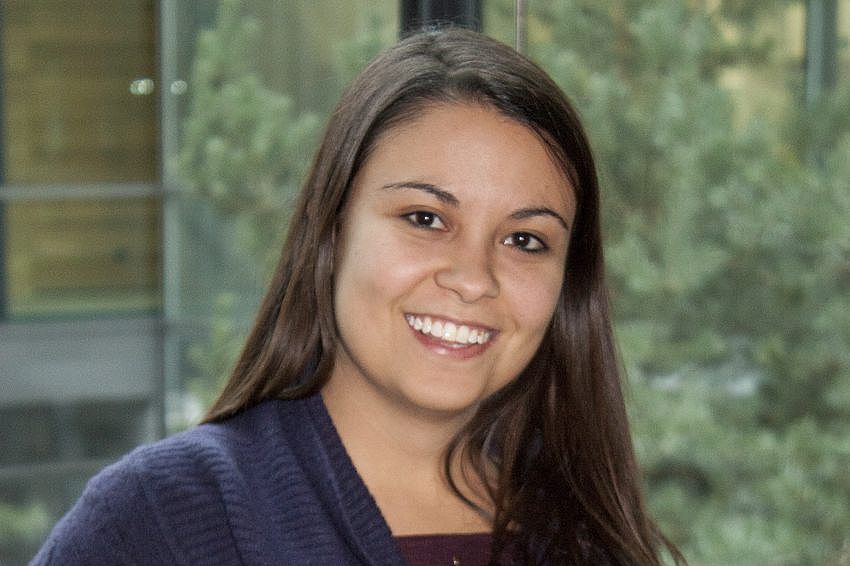
I was working on the following project:
Osteopontin attenuates aging-associated phenotypes of hematopoietic stem cells
I graduated in May 2016 and am now a Post-Doc with Valter Longo at the UCLA.

I was working on the following project:
The senescence associated secretory phenotype in chronic venous leg ulcers as a putative target for treatment
I graduated in July 2016 and am now working at Rentschler in Laupheim.

I was working on the following project:
Converging mechanisms of aging and degeneration of dopamine midbrain neurons in Parkinson`s disease and its animal models

I am working in the lab of Sebastian Iben on loss of proteostasis as a pathomechanism in premature aging disease trichothiodystrophy.
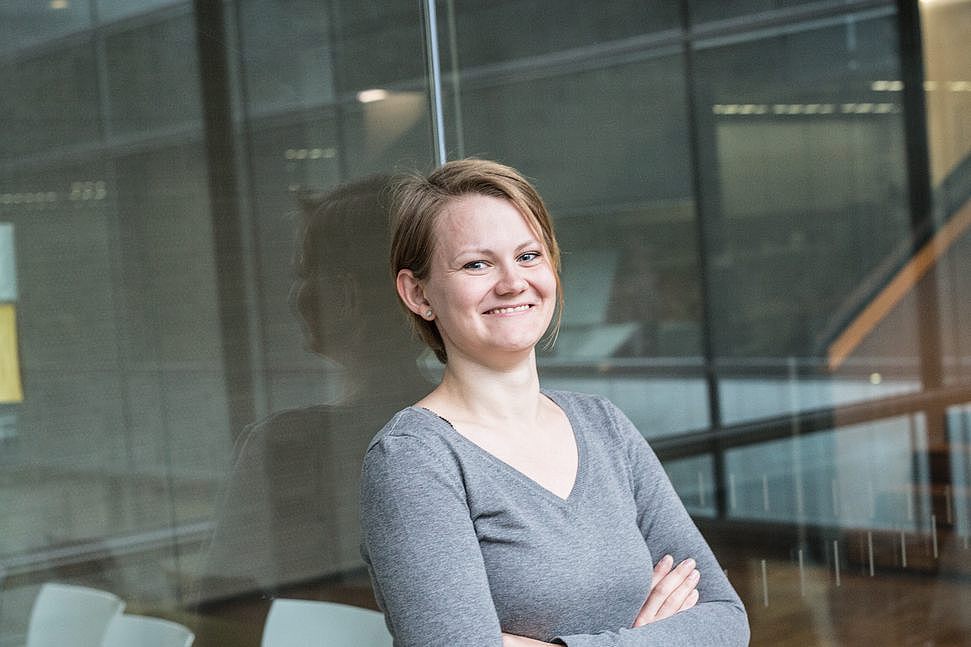
I was working on the following project:
Investigating the effect of hematopoietic stem cell aging on immune function
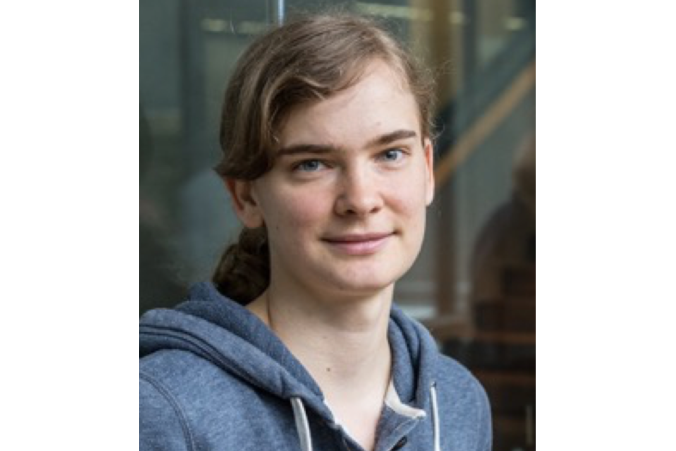
I am now working as a PostDoc, formerly as doctoral student, at the Institute of Molecular Medicine. I work on metabolic changes during aging in hematopoietic stem cells.
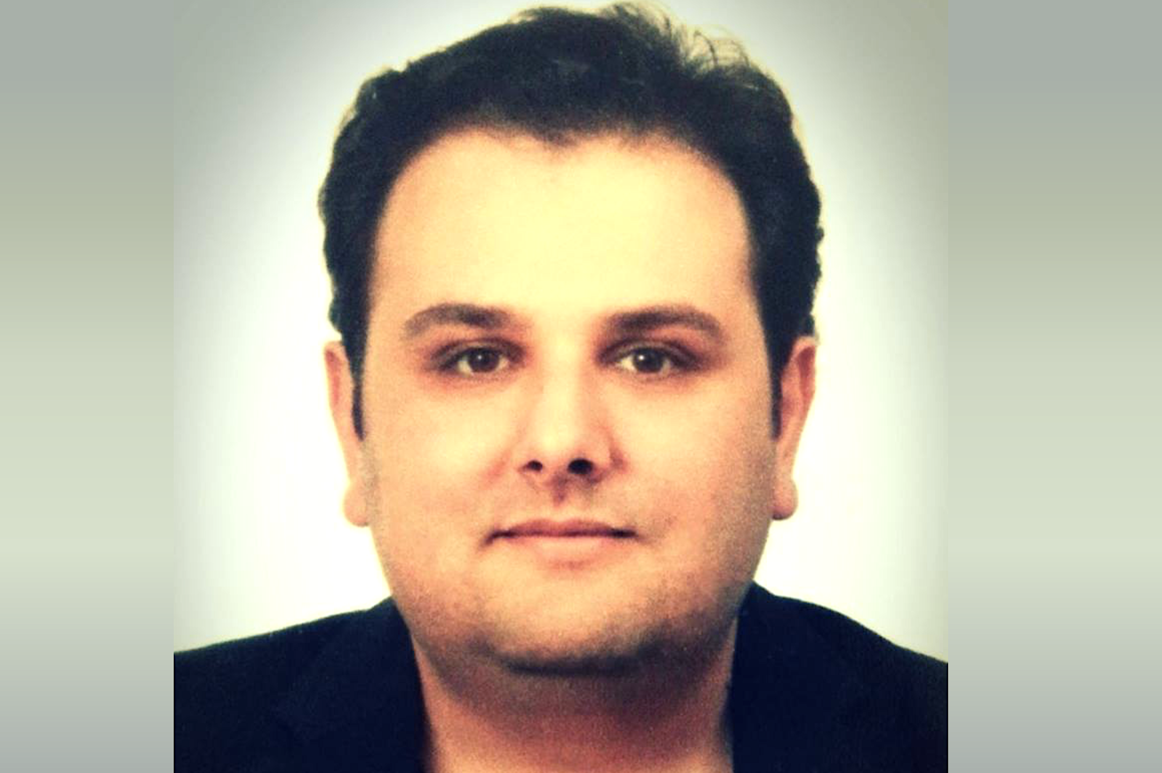
I did my PhD at the Institute of Molecular Medicine and my main project was: Hematopoietic stem cells in perisinusoidal niches are protected from aging.
Currently, I am working as a post-doc at Prof. Geiger's lab on projects examining hematopoietic stem cell biology, aging of stem cells and aging of hematopoietic stem cell niches.
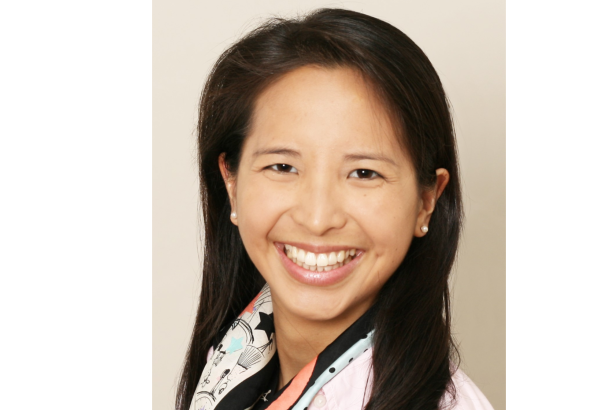
Currently I am working as a PostDoc at the Institute of Molecular Medicine
- Haematopoietic stem cell aging in patients with multiple myeloma.
- Multiple Myeloma (MM) is a disease of the elderly. Standard treatment in MM includes autologous haematopoietic stem cell transplantation (ASCT). I hypothesize that transplantation of aged HSCs, due to the advanced age of the patient as well as in combination with the initial MM specific pre-treatment contributes negatively to the outcome for ASCT in MM. I will thus investigate the extent of ageing in HSCs from MM patients and find mechanisms to improve the outcome of ASCTs in MM, initially in preclinical models. Ageing of human HSCs might be reversible via targeting the small RhoGTPase Cdc42. Applying CASIN, a selective Cdc42 activity inhibitor, to HSCs and subsequent xenotransplantation in NBSGW mice might result in either faster engraftment and/or better immune reconstitution
